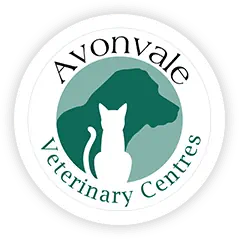
It is the season when issues related to grass seeds are quite common in pets, especially for dogs that spend a lot of time outdoors.
Grass seeds can attach anywhere, but they most commonly attach to long fur between the toes and around the ears. The ends are sharp, and so they work their way into the skin and can embed themselves anywhere. Stratford vets warn that once in, they can cause local problems or may slowly migrate around the body.
Grass seeds can also be inhaled or swallowed.
A variety of medical issues can occur due to grass seeds, including pain, swellings, infection, head shaking, sneezing and pneumonia. Dogs who have seeds stuck inside their paws are also likely to lick them constantly and limp while walking.
Kenilworth vets describe that your dog may suddenly start shaking their head and pawing at their ear after a walk. An onset of sneezing may mean a seed is in the nose.
Prevention is always better than cure. Wellesbourne vets advise that even though most grass seeds can be removed with a minor surgical procedure by your vet, you can prevent them from affecting your pet by grooming them regularly and keeping their fur clipped to a manageable length.
Try to carefully examine your dog after walks as it is the best defence against grass seeds. Don't hesitate to get your vet involved if you suspect that your dog is suffering from the ill effects of coming in contact with them.
Freshly cut grass
Dogs love to run around a freshly mowed lawn during the spring and summer months. Nevertheless, there are some hidden hazards to keep in mind.
Moisture from mowed grass clippings and warm temperatures can create mould in your garden. Consuming mouldy grass clippings can cause digestive issues for your dog. It can lead to reduced appetite, vomiting and changes in the stool.
The same applies to some fertiliser or other agents applied to lawns used to create lush green gardens.
Keep your dog safe by clearing grass clippings and reviewing the ingredients for products that you use in your garden.
There are some products labelled as "lawn fertiliser safe for pets". This means your pet can go back on the grass after a delayed period. Such products have very specific instructions, and it is essential to follow these instructions precisely.
Your pet will be thankful and have a great time enjoying the lovely weather.
For more information and advice, contact Avonvale Veterinary Centres, Kenilworth vets, Wlalesbourne vets, Stratford vets, Cubbington vets, Warwick vets and Southam vets.






